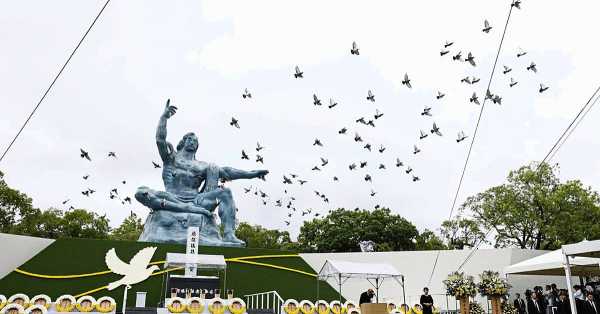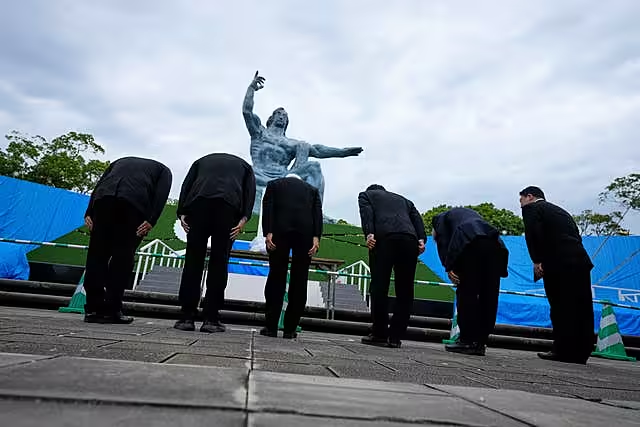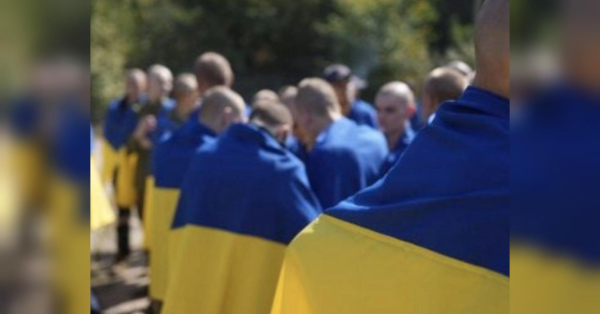
The southern Japanese city of Nagasaki marked the 80th anniversary of the U.S. atomic bombing that killed tens of thousands of people on Saturday. Survivors hope their painful memories will serve as a reason to make their hometown the last on the planet to suffer a nuclear strike.
The bombing of Nagasaki began by the United States on August 9, 1945, killing 70,000 people by the end of the year, just three days after the attack on Hiroshima, which killed 140,000 people.
Japan surrendered on August 15, 1945, ending World War II and nearly half a century of aggression in Asia.
About 2,600 people, including representatives from more than 90 countries, attended the memorial event at Nagasaki Peace Park, where Mayor Shiro Suzuki and Prime Minister Shigeru Ishiba spoke, among other guests.
At 11:02 a.m., the moment the plutonium bomb exploded over Nagasaki, participants honored the victims with a minute of silence and the ringing of a bell.

After Mr Suzuki, whose parents survived the attack, spoke, dozens of doves were released into the sky as a symbol of peace.
He noted that the city's memories of the bombing are “a shared heritage and should be passed down from generation to generation” both in Japan and abroad.
“An existential crisis for humanity is becoming inevitable for all of us who live on Earth,” Mr. Suzuki said. “To make Nagasaki the last place to be bombed by an atomic bomb, we will stand hand in hand with the citizens of the world and make every effort to eliminate nuclear weapons and achieve eternal peace in every corner of the planet.”
Survivors and their families gathered in rainy weather on Saturday at Peace Park and nearby Hypocenter Park, located near the blast site, hours before the official ceremony.
“I just want a world without war,” said Koichi Kawano, an 85-year-old survivor who laid flowers at a Hypocenter monument decorated with colorful paper cranes and other offerings.
Some prayed in churches in Nagasaki, home to Catholic converts who had been forced into hiding during centuries of brutal persecution in Japan's feudal era.
The twin bells at Urakami Cathedral, which was destroyed in the bombing, also began ringing again after one of the bells lost in the attack was restored
Sourse: breakingnews.ie






